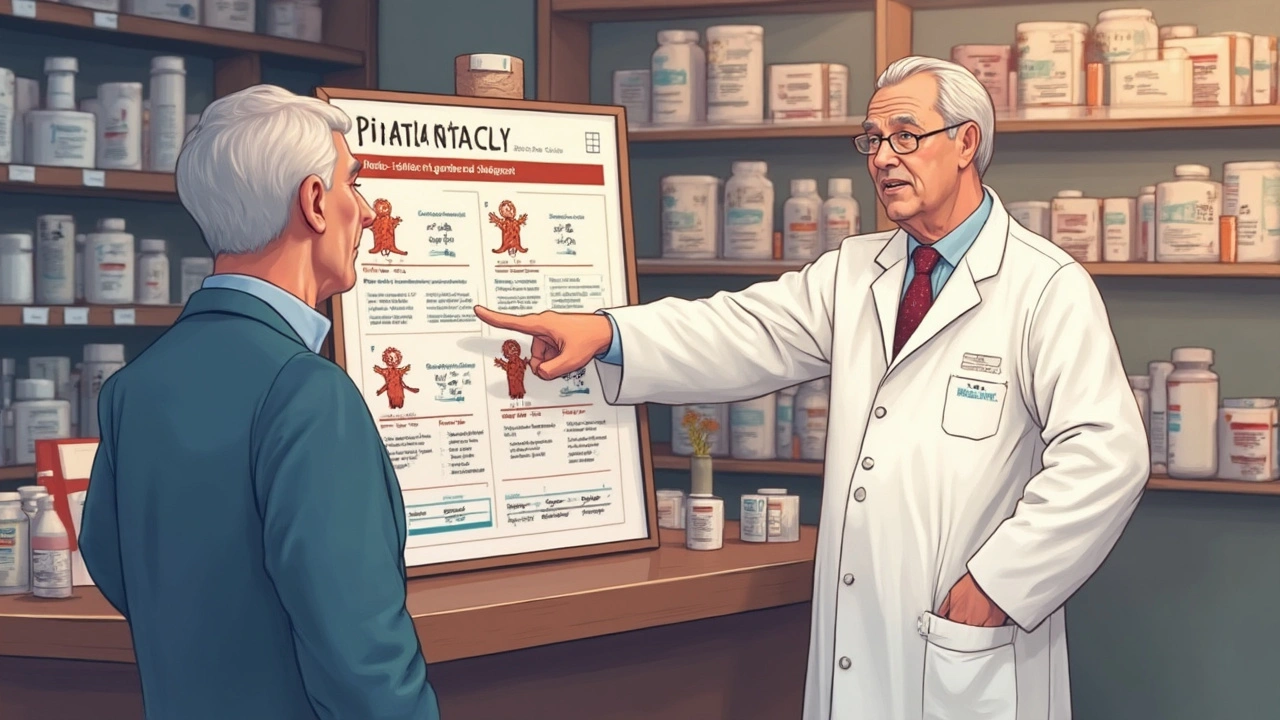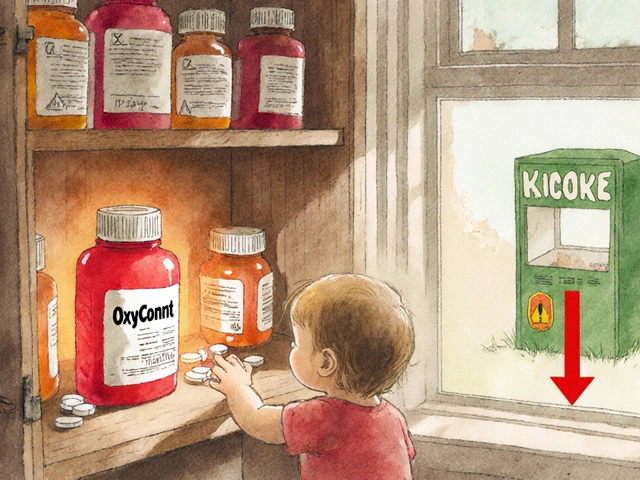Medications to Avoid — Simple Rules to Keep You Safe
Some drugs are fine for most people but risky in certain situations. Others are best avoided because of side effects, interactions, or safer alternatives. This page helps you spot the common problem meds, quick red flags to watch for, and practical steps to protect yourself.
Quick red flags: when a medication may be risky
If any of these apply, pause and ask a clinician before taking the drug.
- You’re elderly or frail. Older adults tolerate many medications poorly — they’re more likely to get dizzy, confused, or have low sodium.
- You’re pregnant, breastfeeding, or planning to conceive. Some medicines harm a fetus or pass into breast milk.
- You have heart disease, breathing problems, liver or kidney disease. Certain drugs can worsen these conditions (for example, some sedatives and older antihistamines can slow breathing or affect heart rhythm).
- You take many prescription drugs. More medicines means more risk of drug interactions that can be dangerous.
Common categories to be careful with
Benzodiazepines and strong sedatives. Drugs like Ativan can cause excessive drowsiness, breathing problems in vulnerable people, and may interact with heart or opioid medications. Ask a cardiologist or your primary care doctor if you have heart trouble.
Anticholinergic drugs and some antiemetics. Medicines used for nausea or allergies may cause confusion and falls in older adults. For kids, follow pediatric dosing closely — some drugs that adults tolerate well are not safe for children.
Certain antipsychotics and metabolic risk. Some newer antipsychotics are better, but older options can cause weight gain and diabetes risk. If weight or metabolic side effects matter, ask about alternatives.
Antibiotics and known allergies. Always check prior reactions. Some antibiotics have specific heart or liver warnings — follow guidance on when to avoid them.
Also be cautious when buying meds online. Use verified pharmacies, never skip a prescription if one is required, and know customs rules if importing drugs from other countries.
How to stay safe — practical steps
1) Ask one simple question: “Is this the best option for my age and health?” If the prescriber hesitates, get a second opinion.
2) Review your full list of meds with a pharmacist. They catch interactions and duplicate therapy fast.
3) Check for red-flag side effects: fainting, severe dizziness, shortness of breath, sudden mood shifts, or unexplained weight changes. Stop and seek care if these occur.
4) For online purchases, pick pharmacies with real contact info, require prescriptions, and show clear return and privacy policies. Avoid unbelievably low prices that skip prescriptions.
If you’re unsure about a drug on this site or one you’ve been prescribed, contact your healthcare provider. Getting the right medicine is about safety and fit — not just the name on the bottle.
23
Sildenafil Citrate Interactions: Avoid These Medications
Sildenafil citrate, commonly known as Viagra, is a medication that requires careful consideration due to its potential interactions with other drugs. Understanding these interactions is vital for ensuring safety and effectiveness. This article discusses which medications should be avoided when taking sildenafil and why those combinations can be risky. Tips for managing these interactions and ensuring safe usage are provided.
Latest Posts
Popular Posts
-
 Enteral Feeding Tube Medication Safety: Compatibility and Flushing Protocols Explained
Enteral Feeding Tube Medication Safety: Compatibility and Flushing Protocols Explained
-
 Extended Use Dates: How the FDA Extends Drug Expiration Dates During Shortages
Extended Use Dates: How the FDA Extends Drug Expiration Dates During Shortages
-
 Magnesium Supplements and Osteoporosis Medications: What You Need to Know About Timing
Magnesium Supplements and Osteoporosis Medications: What You Need to Know About Timing
-
 Meniere’s Diet: How Sodium Restriction and Fluid Balance Reduce Vertigo and Hearing Loss
Meniere’s Diet: How Sodium Restriction and Fluid Balance Reduce Vertigo and Hearing Loss
-
 Stinging Insect Allergy: What Venom Immunotherapy Really Does for You
Stinging Insect Allergy: What Venom Immunotherapy Really Does for You



